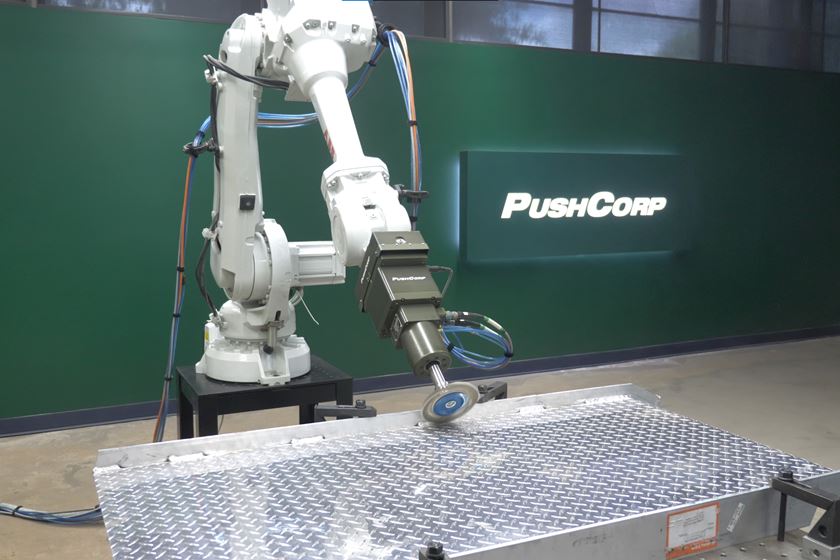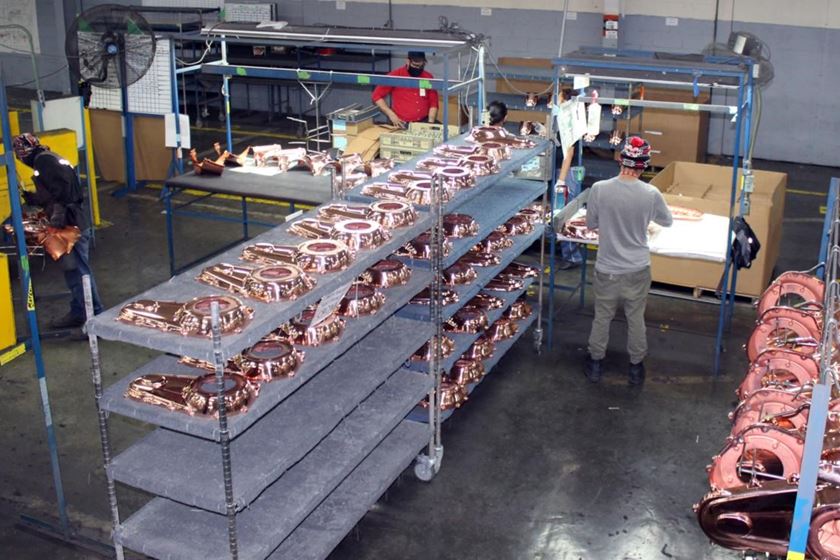On My Mind: Workforce Illiteracy
A recent study by Educational Testing Service (Princeton, NJ) found that the literacy of American adults ranks 10th out of 17 industrialized nations.
#workforce development
A recent study by Educational Testing Service (Princeton, NJ) found that the literacy of American adults ranks 10th out of 17 industrialized nations. In addition, the U.S. has the largest gap between highly and poorly educated adults, with immigrants and minorities making up the largest portion of the poorly educated group. Finally, not only did Americans ages 16-25 perform worse than those in other countries, but they also performed much worse than older Americans.
The study shows that the workforce of our manufacturing competition is gaining ground on us. Some are already ahead, and others may pass us. It's possible (who knows how likely) that the cry about jobs going overseas because it's cheaper to produce parts there may turn into a cry that jobs are going overseas because we can't find enough skilled and intelligent workers.
Featured Content
For our industry, these statistics are especially important. Many line workers and factory employees fall into those categories that have the highest illiteracy rates. The efficiency and quality of this country's finishing shops will most likely fall if workers are less and less able to read and understand part diagrams, instruction manuals and paint formulations.
Now, I'm the first to admit that I don't often vote in favor of education levies, mostly because I think our city and state governments have enough money. I think they just spend it in the wrong places.
In Cincinnati, by the end of this year we will have spent almost $1 billion (yes $1 billion) to build two new stadiums. And, we're going to spend hundreds of millions more to improve our convention center and riverfront area. Many major cities across the country are spending money in much the same way.
But, what would happen if we as a country just took a portion of that money from those projects and pumped it into the poorest performing schools of our education system? We could have the most state-of-the-art schools in the world. We might actually be able to pay people enough to attract some individuals from the business world into the teaching world, even it was just on a part time basis, instead of passing on the teaching profession because it doesn't pay well enough.
For years, our country has either ignored the problem or attempted to find a patchwork solution. If we continue in that vain, we may find ourselves no longer at the top of the manufacturing food chain. Perhaps we should find a real solution to the problem before it's too late.
RELATED CONTENT
-
Q+A: Electroplating and Anodizing Top Shop, Technical Plating
Technical Plating was recently named a Products Finishing Top Shop. We spoke with shop manager and vice president (and 40-Under-40 member) Tyler Thomas to learn more about how the shop runs.
-
40-Under-40: Class of 2017
Chicago’s Amanda Beach leads the 2017 Products Finishing list recognizing tomorrow’s leaders in the finishing industry.
-
40 Under 40: Class of 2020
Products Finishing’s 40 Under 40 award program recognizes young professionals in the finishing industry.


.JPG;width=70;height=70;mode=crop)
















